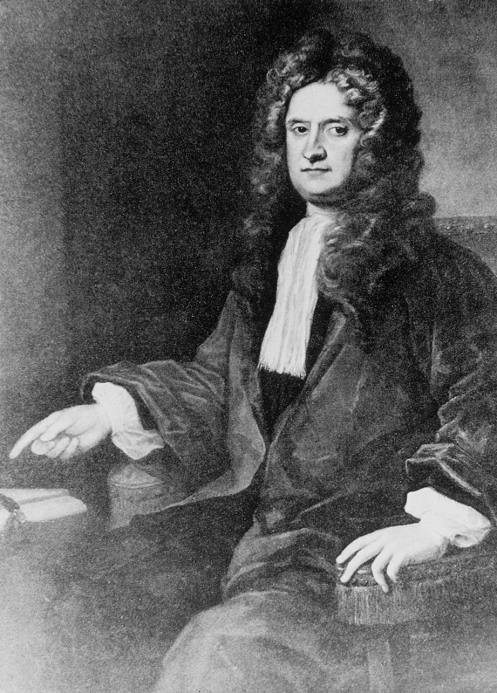
ED
The World's Greatest Man Isaac Newton (Date unknown)
Portrait in oils of Sir Isaac Newton (1642-1727), English physicist and mathematician. Newton was educated at Grantham and at Trinity College, Cambridge. His most inspired science was conducted in 1665-6, including his invention of the calculus (both differential and integral), the binomial theorem and his law of universal gravitation. He was elected a Fellow of Trinity College in 1667, becoming Lucasian Proessor of Mathematics 3 years later. Following a visit by Halley in 1684, Newton wrote probably the most important scientific book of all time, 'Philosphiae Naturalis Principia Mathematica'. In this he described his three laws of motion by the calculus and by geometry.
Details
ID
10588266
Collection
License type
Editorial
Photographer
Creation date
17-11-2010
Contact Aflo for all commercial uses.

More
Top Categories
